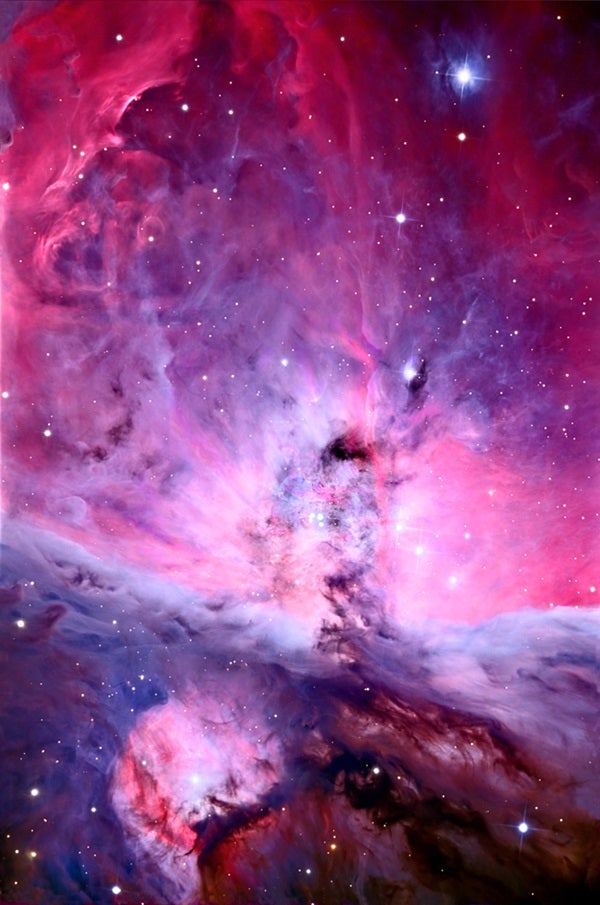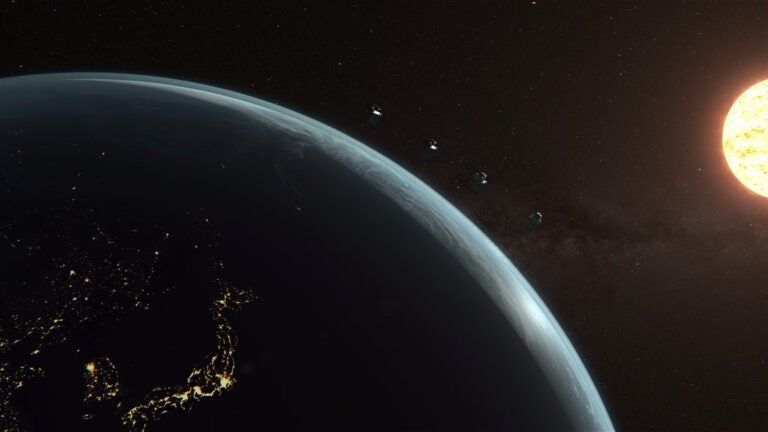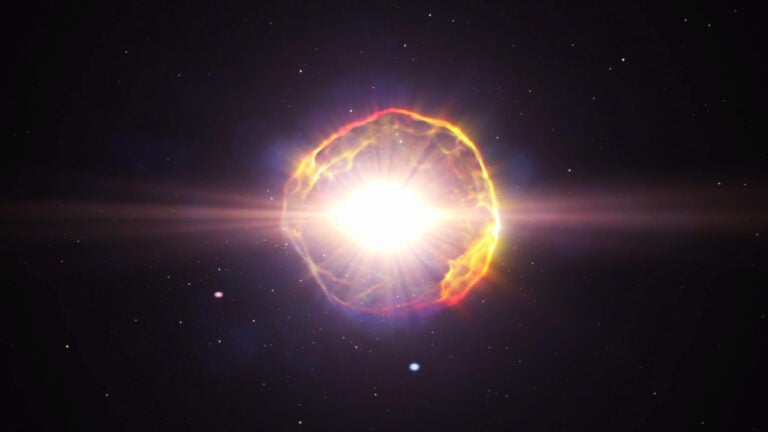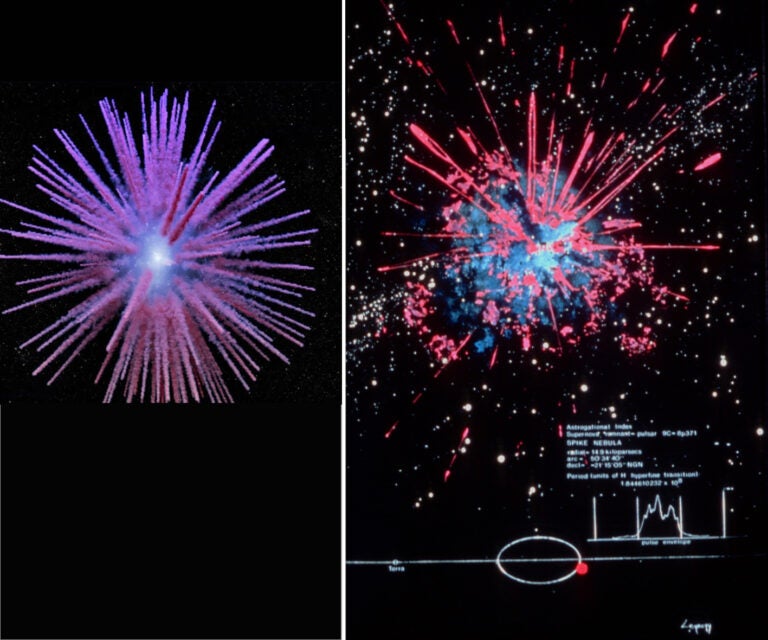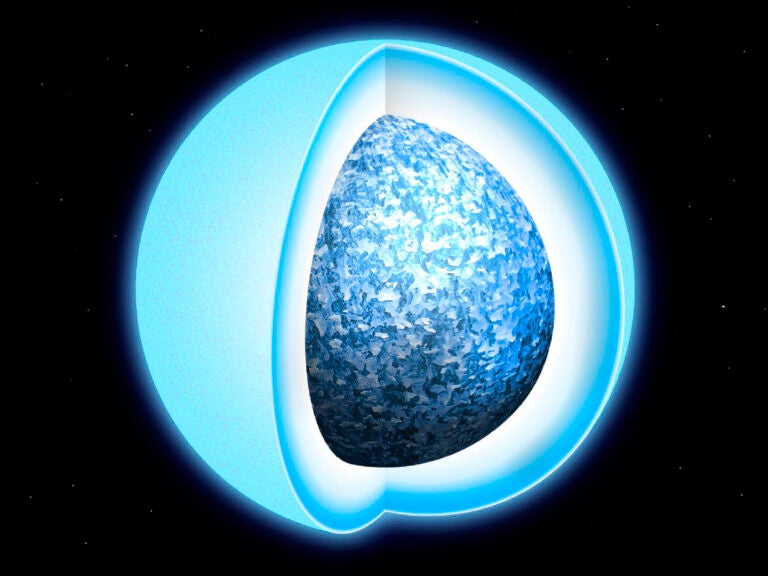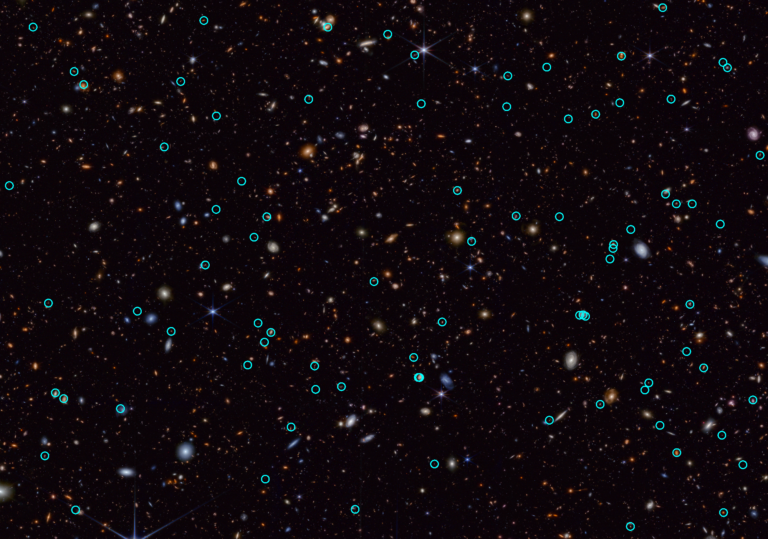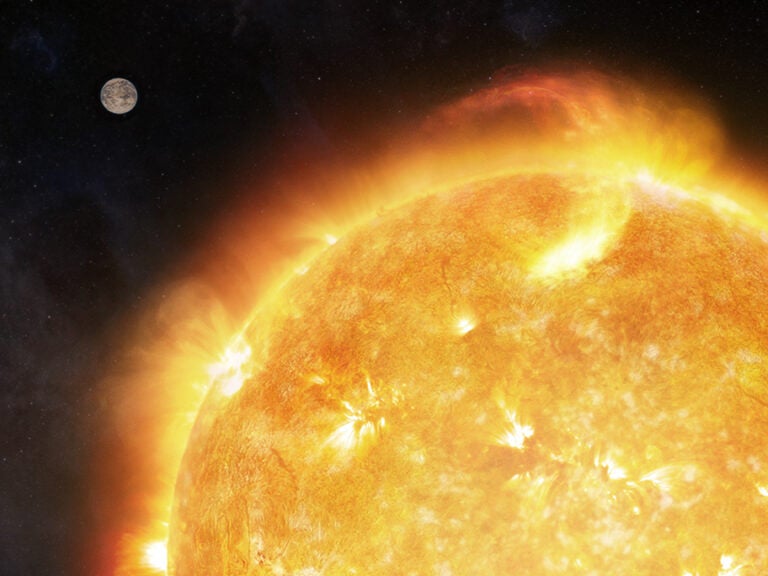The book is the novel Orfeo by Richard Powers. It’s a narrative about a 70-year-old chemist/musician who sets out to break the “prison bars” of the piano keys and splice musical patterns into living cells — from a home-order genetics lab he set up in his kitchen. After being framed as a bio-terrorist, the protagonist spends much of his time dodging the Feds.
All the while he’s drawing parallels to his plight with the masters who created music that broke the “sound barrier” by moving away from melody, bringing discord to life, and testing the limits of the ear’s comfort zones. We learn how Stravinsky’s “Rite of Spring” caused a riot at a performance in 1913 and how Shostakovich had to mellow his “Symphony No. 5” or face execution.
The irony is, Powers’ words fell on many of our book club readers’ “ears” like a Stravinsky festival. The “formidably intelligent and ecstatically noisy” book (as a review in The Guardian called it) created such a fever pitch that the few who did enjoy the book (myself included) were quickly silenced and sentenced to listen to wild decrees such as, we should allow “no books with condescending, cerebral writing” in the club.
It was life imitating art imitating life.
Isn’t it amazing, I later thought, how Stravinsky’s music could incite a riot or Shostakovich’s music could threaten Stalin’s ears. How could the choice and flow of Powers’ words nearly pop veins in readers’ heads? My thoughts migrated to our senses.
Why do we block our noses in the presence of a pungent smell (like rotten eggs) or curse at a rose when touching its thorns? Do inner city landscapes hurt our eyes and hearts? Why are the Everglades “flat and boring” while a fantastic rent in Earth “Grand”? I pondered how some people avert their eyes at an “unfortunate” person’s physique (the Elephant Man, a person who enjoyed poetry and the company of Queen Victoria) or shrivel at the thought of touching a salamander or snake.
Then I thought about the stars.
The true face of beauty?
Of all that is natural and accessible to everyone, there is a place where ugliness does not seem to exist, where discord cannot be heard, where the thorns of touch lie well beyond our reach, and no matter where one looks, the face of beauty appears soft and wonderful. I’m referring to a starry sky — perhaps the only true face of beauty … I think.
And that is why I wrote this column. After sharing my thoughts with others, I could not find any disagreement, and that struck me like a psychedelic ’60s Bug playing Jimi Hendrix’s “Star Spangled Banner” on the radio: discord enough. Perhaps I’m wrong. The universe is full of visual chaos and discord (as most any image of a nebula taken by the Hubble Space Telescope or other observatories will show), yet it seems that we all can find the beauty in it.
Do people ever look away from the night sky in disgust? I’m not referring to light pollution but to a pure starlit sky. Does anyone want to annihilate the stars? Do the “Pillars of Creation,” or a New Horizons image of Pluto, or the Orion Nebula seen through a telescope set anyone’s ire on fire? Does anyone hate the stars? Send your thought or opinions to sjomeara31@gmail.com.


